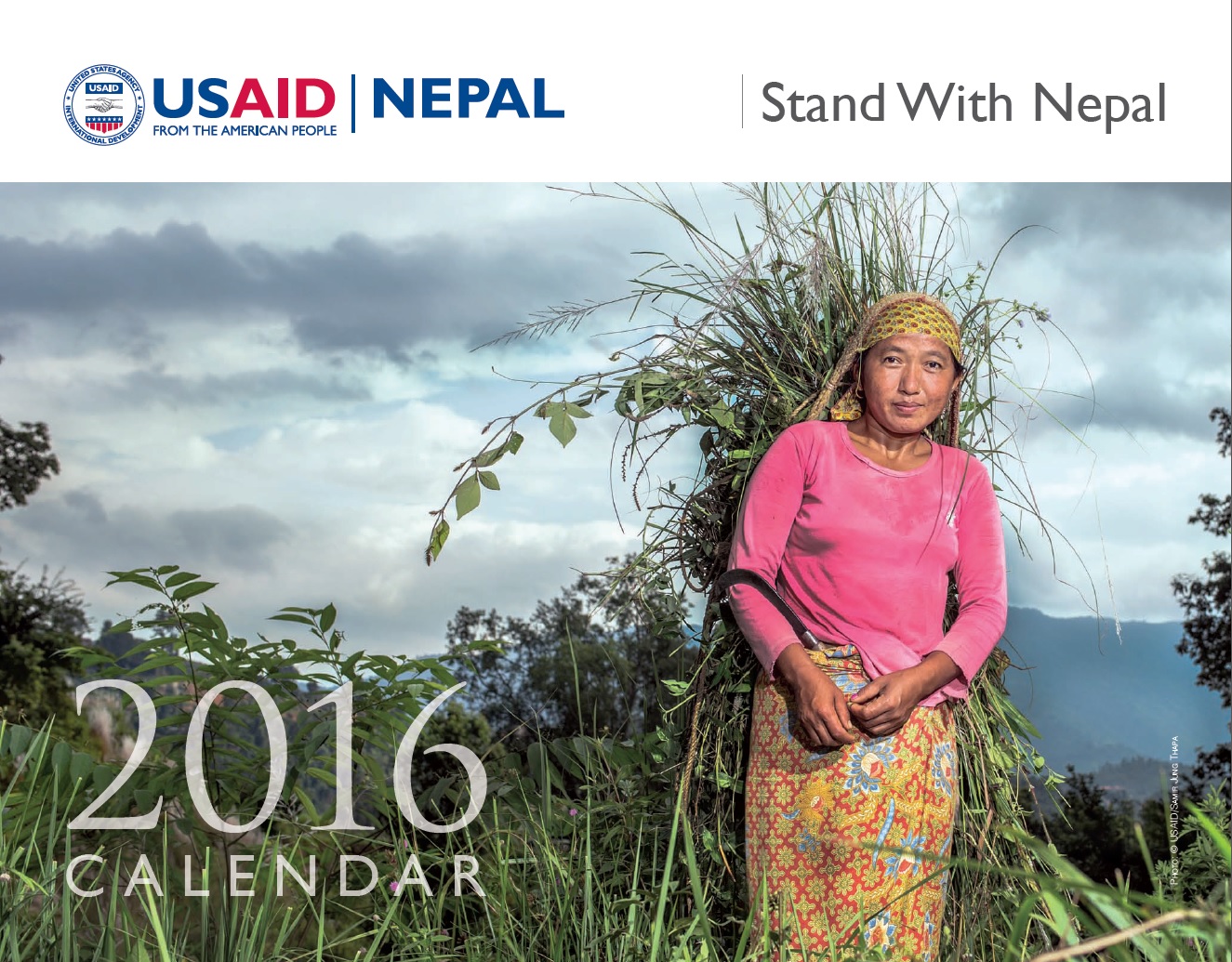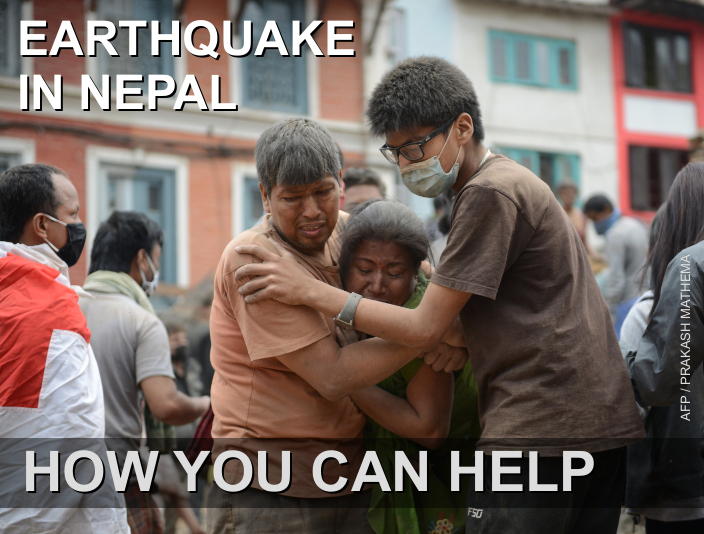This is—without a doubt—a unique and important moment for Nepal. Thanks to a history of progress and new advances in science and technology, Nepal stands within reach of ending extreme poverty and securing a foundation for long-term economic growth. But this future is not inevitable.
Today, almost 8 million Nepalis get by on less than $1.25 a day. For them, every decision is a trade-off with potentially catastrophic consequences. Do you buy medicines for a sick parent, provide an evening meal for your children, or put a few pennies away towards a new roof or next year’s school fees? These questions are an everyday reality, especially for Nepal’s subsistence farmers, for whom extreme poverty is not just a statistic—but a drain on their basic human dignity
We are pleased to announce that the USAID Bureau for Democracy, Conflict, and Humanitarian Assistance, Office of Conflict Management and Mitigation released the 2014 Annual Program Statement (APS) for Conflict Mitigation and Reconciliation Programs and Activities, which includes Nepal (USAID/DCHA/CMM-APS-OAA-14-
Today, Dr Rajiv Shah, Administrator of the U.S. Agency for International Development (USAID), visited the International Centre for Integrated Mountain Development (ICIMOD) to discuss the role of science and technology in development and to experience firsthand the dynamic tools being developed to help monitor the environment and inform development decisions in the Hindu Kush Himalayas.
Despite over 70 percent of the workforce engaged in agriculture, one in three Nepalis is food insecure. Nepal’s yields in all staple crops are significantly below international averages and a big question remains: What can be done to increase farmer productivity and incomes to help break the vicious cycle of poverty?
A simple, low-cost antiseptic that may cut the odds of infant illness and death from early infections is one of the Grand Prize winners of the USAID’s 2013 Science and Technology Pioneers Prize. Offered for the first time by the USAID Office of Science and Technology in Washington D.C., the prize recognizes excellence in the use of science, technology, and innovation to solve development challenges.











Comment
Make a general inquiry or suggest an improvement.